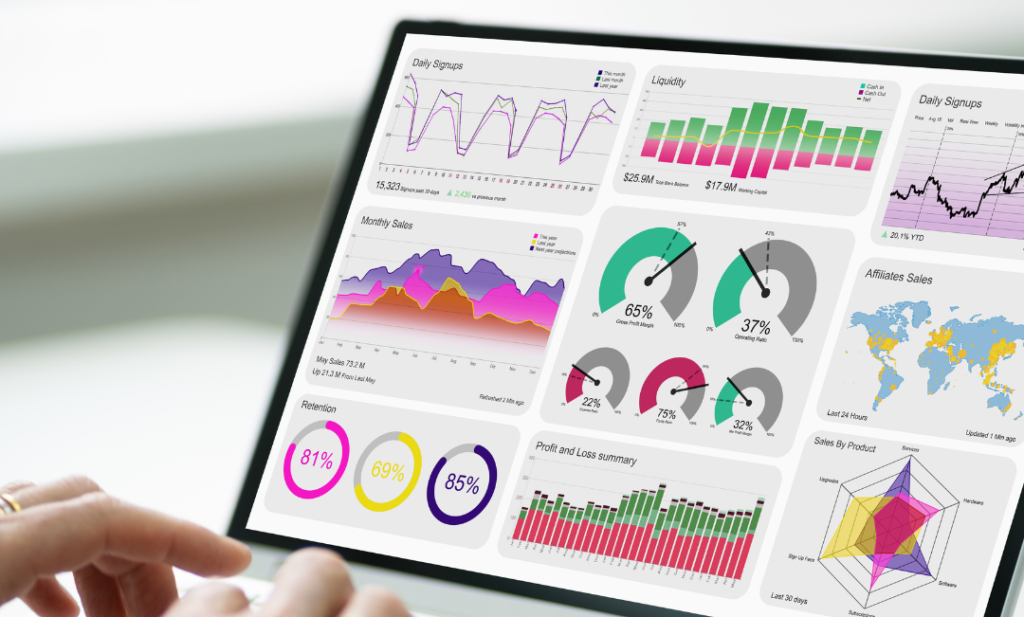Financial Modelling Course
Our Financial Modelling course empowers you to analyze, forecast, and interpret real-world financial data using Excel. Learn how to build robust financial models for business valuation, budgeting, and decision-making. Perfect for students and professionals aiming to build a strong foundation in corporate finance and investment analysis.

COURSE OUTCOMES
At the end of the course, students should be able to
- Gain Proficiency in Advanced Excel Functions and Tolls essential for Financial Analysis and Modelling
- Build complete financial models from scratch for real companies and projects across various industries.
- Interpret financial statements and ratios to assess a company’s performance and financial health.
- Apply valuation techniques such as DCF, Comparable Company, and Precedent Transactions.
- Work on practical case studies in areas like Project Finance, M&A, and Equity Research.

OBJECTIVES OF THE COURSE:
- To equip learners with strong Excel skills necessary for building and auditing complex financial models.
- To provide a thorough understanding of financial statements and how to link them in a structured model.
- To enable students to assess business performance through financial ratios, forecasting, and budgeting techniques.
- To expose learners to real-world finance scenarios across industries such as technology, real estate, and renewable energy.
COURSE SYLLABUS:
- Definition
- Importance of Financial Modelling.
- Uses of Financial Modelling.
- Types of Financial Modelling.
- Excel Navigation – Short cut keys for efficiency, Data Validation, Conditional Formatting, IF statements, Pivot Table, VLookup, HLookup, XLookup, Index – Match, NPV, IRR, as such.
- Case Study – Building a simple revenue and expense projection as a basic excel model.
- Income Statement – Revenue, Cost of Goods Sold [COGS], Gross Profit, Operating Expenses,
Net Income. - Balance Sheet – Accounting Equation, Assets, Liabilities & Shareholders’ Equity. Further, study
on Deferred Revenue, Advance Billing, Accruals & Prepaid, Minority Interest, Working Capital
Management Deferred Tax [Books v Tax] as such. - Financial Ratio Analysis
1. Profitability Ratio – Gross Margin, Net Margin, ROE, ROA,ROCE.
2. Liquidity Ratio – Current Ratio, Quick Ratio as such.
3. Leverage Ratio – Debt to Equity Ratio, Asset to Equity Ratio, Debt to EBITDA
4. Efficiency Ratio – AR Ratio, AP Ratio, Inventory Turnover Ratio, Asset Turnover Ratio. - Case Study – Try understanding a real-world Financial Statement and present your understandings using PPT or PDF or Excel with graphical representation, pictures during the class hours.
- Net Cash Flow, Cumulative Cash Flow, NPV, IRR and Payback Period.
- Sensitivity & Scenario Analysis – Using MS Excel functions What If Analysis, Goal Seek, Data Table.
- Cash Flow Statement
1. Operating, Investing & Financing Cash Flows
2. Direct Method v Indirect
3. Importance of Cash flow in financial modelling. - Case Study – Rebuild a simplified Cash Flow based on the real finance information available from a website portal like Screener, Money control, yahoo finance, tikr, macrotrends.
- Built based on financial forecasting & assumptions.
1. Identify key revenue and cost drivers.
2. Cost Analysis
3. Cash Flow Statement.
4. Depreciation method & schedule. Case Study – Build a forecasting for an e-commerce business or cloud kitchen or build a dynamic model for companies like McDonald’s, Netflix, Apple, Tata Motors, ITC & more.
- Identify & select comparable companies based on size, growth, geographical location, industry or type of sector, production, market capitalization.
- Valuation Multiples – Market Value Data, Financial Statement Information, EV/Revenue, EV/EBITDA, P/E Ratio, Implied Enterprise Value, Implied Market Value of company, Implied value per share.
- Interpretation & Analyze company with peer comparisons to determine relative valuation.
Case Study – Select the list of comparable companies, identify one such company as base company to evaluate the market value of that company.
- Credit Risk
- Liquidity Risk
- Value at Risk (VaR).
- Top-down vs Bottom-up Approach.
- Regression Analysis and Trend
- Seasonality & Economic Factors.
Case Study – Develop a revenue analysis based on Historical monthly sales, Average Order Value, Seasonality (Ugadi / Deepavali / Christmas).
- Key Variables and stress testing models.
- Monte Carlo Simulation Techniques.
- Break even Analysis.
- Case Study – Evaluating risk in an infrastructure project.
- Time value for money – present value, future value.
- Free Cash flow to firm (FCFF).
- Weighted Average Cost of Capital – Cost of Debt, Cost of Equity using CAPM.
- Terminal Value – Perpetuity Growth & Exit Multiple (EV/EBITDA).
- Discount rate & Present Value.
- Enterprise Value to Equity Value.
- Case Study – Build a five-year DCF model based on historical financial statement for three years of ITC, Infosys, Apple, Tata or choice of your listed company.
- Build integrated models for combined entities.
Focus on synergies, deal structuring. - Accretion / Dilution analysis.
Purchase price allocations, goodwill, combined P&L projections. - Investment bankers, corporate strategy teams use this model.
- Case Study – Study any of the merger model like ITC & D2C, PVR & Inox, Zomato & Blinkit, Microsoft & LinkedIn,
and come with your presentation on key points. Or assume a pharma company models a merger with a biotech
firm to estimate if the deal will increase EPS.
- Private Equity firms evaluating acquisition
- Debt Schedule, interest repayments, IRR, equity
- Analysis of potential returns for investors after the debt repayments.
- Understand leverages, equity contributions and buyout structures.
- Exit Strategies evaluation.
Case Study – A private equity firm (TPG Capital, Bain Capital, Blackstone) models buying a logistics firm (VRL, TCI express, blue dart) with 70% debt and selling it after 5 years.
- Used for long-term infrastructure or development projects with structured financing.
- Public-private partnerships [PPP], energy projects or construction projects.
- Project feasibility and financial viability.
- Cash flow waterfall & project finance structure.
- Loan schedules, Debt-service coverage ratio (DSCR).
Case study – Develop a model for construction company bidding on constructing national highway project or a solar power plant project or a construction of a resort at a hill station.
- Valuation of company before going public.
- Share dilution, Market capitalization, P/E multiples.
- Help underwriters set a price range for shares and project future performances.
Case Study – A company preparing for IPO uses this model to set its share price.
- Introduction to Power BI for Finance.
- Data Importing & Cleaning
- Creating Dashboards & Reports.
- Case Study – Develop a financial dashboard.
